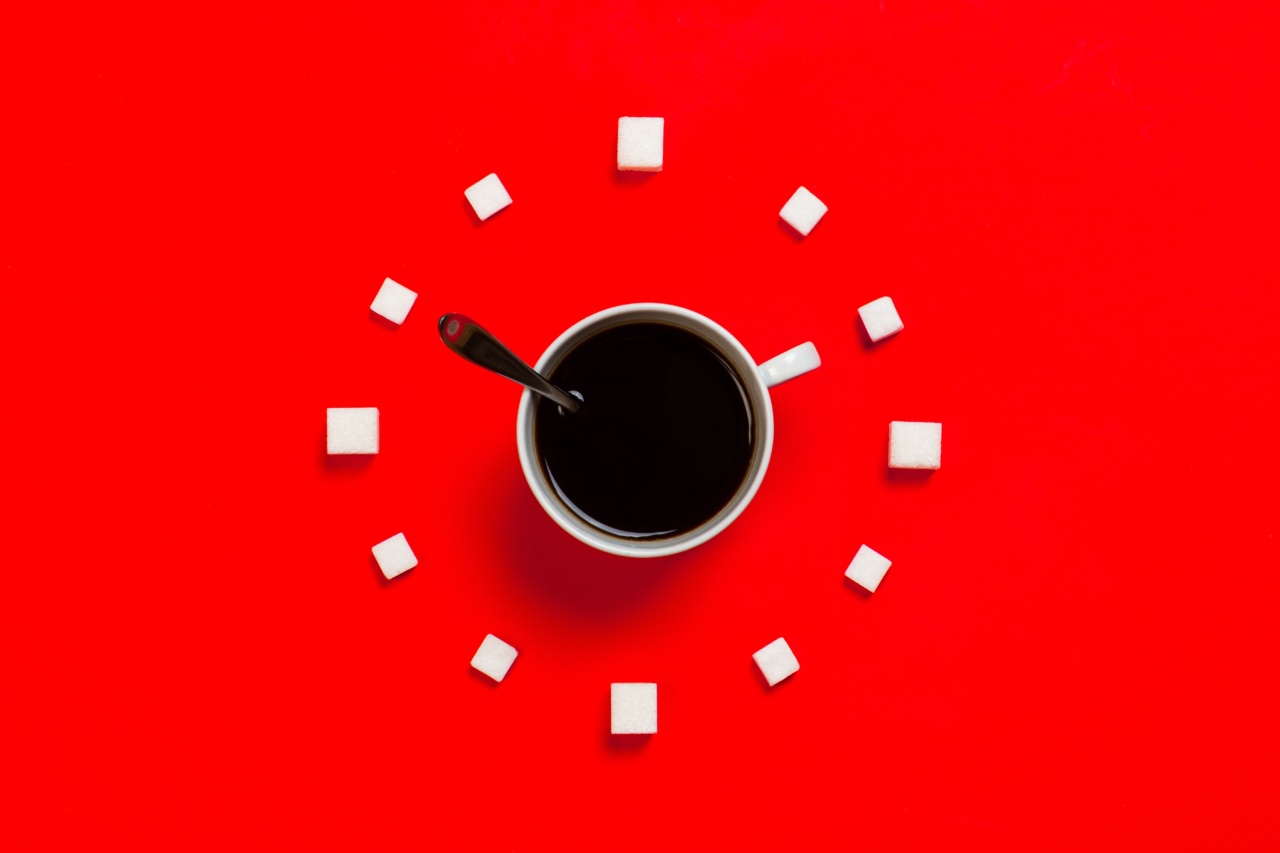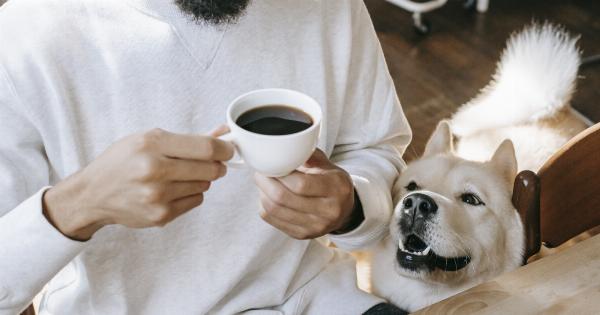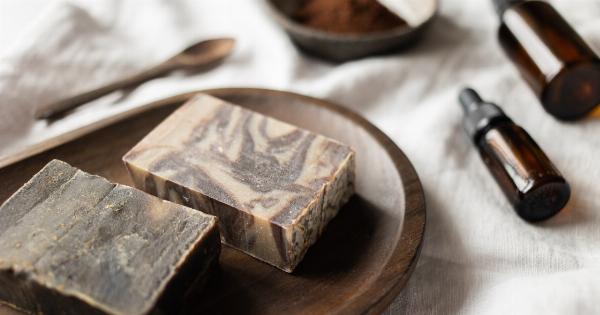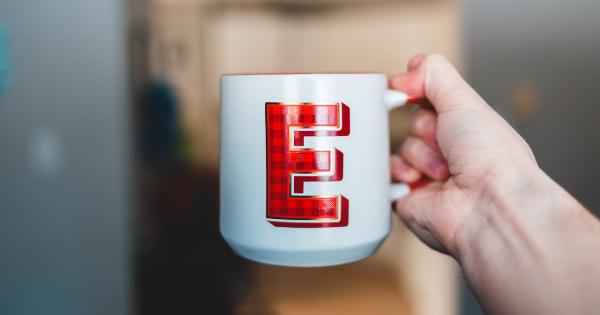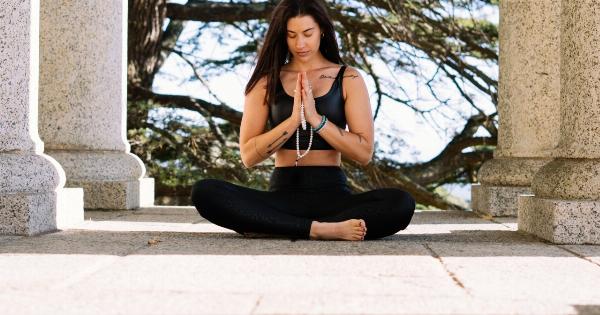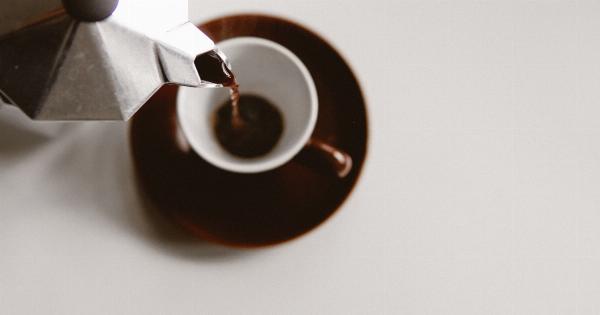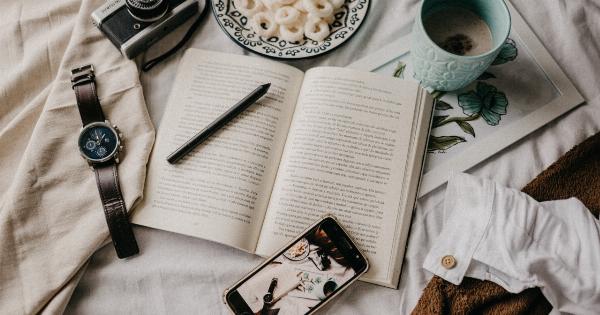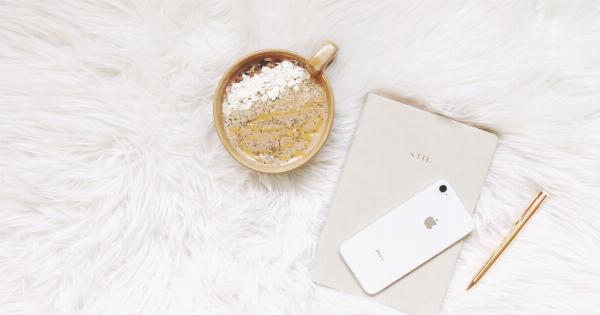For many of us, coffee is a vital part of our daily routine. It’s that first sip of hot, rich brew that helps us get going in the morning – or that delicious iced coffee that gives us a boost in the afternoon.
But when is the best time to enjoy your coffee fix? It turns out that the answer depends on a number of factors, from your own personal preference to the time of day to your level of caffeine tolerance. In this article, we’ll explore the science behind the perfect cup of coffee and share some tips on how to get your caffeine fix at just the right time.
Understanding the Science of Caffeine
To understand when the best time to drink coffee is, it helps to know a little bit about the science of caffeine. Caffeine is a stimulant that works by blocking the action of adenosine, a neurotransmitter that helps us feel sleepy.
When you consume caffeine, it increases the activity of other neurotransmitters like dopamine and norepinephrine, which can improve mood, increase energy and concentration, and even enhance physical performance.
The effects of caffeine can vary depending on a number of factors, including your body weight, age, and sex, as well as the amount of caffeine you consume.
Generally speaking, it takes about 45 minutes for caffeine to reach its peak level in the bloodstream after consumption, and the effects can last anywhere from 4 to 6 hours. However, caffeine has a half-life of about 5 hours, which means that after that amount of time, the amount of caffeine in your bloodstream will have decreased by about half. The remaining caffeine can still affect your body, but at a lower level.
When to Drink Coffee in the Morning
For many people, the morning cup of coffee is a non-negotiable part of their daily routine.
But is there an optimal time to drink your coffee in the morning? It turns out that the answer again depends on a number of factors, including your own natural circadian rhythm, your level of caffeine tolerance, and your breakfast habits.
Some research suggests that drinking coffee first thing in the morning, before you eat anything, can lead to a faster and more intense caffeine buzz.
This is because when you haven’t eaten anything, your body absorbs caffeine more quickly, so the effects are felt more strongly. However, this can lead to a crash later in the morning, especially if you don’t eat a balanced breakfast.
Other studies suggest that it’s better to wait an hour or so after waking up before drinking your coffee. This allows your body to wake up naturally and produce cortisol, a hormone that helps regulate your energy levels and reduce inflammation.
Drinking coffee too early in the morning can interfere with this natural process and lead to increased cortisol levels, which can cause anxiety and jitters.
Ultimately, the best time to drink your morning coffee will depend on your own personal preferences and habits.
If you’re someone who needs a caffeine boost first thing in the morning, try waiting at least 30 minutes after waking up before you drink your coffee. This will give your body a chance to wake up naturally and produce cortisol, which can help you feel more alert and focused.
The Afternoon Coffee Break
For many of us, the afternoon slump is a real struggle. That’s why so many people turn to coffee to help them power through the rest of the day. But is there an optimal time to drink your afternoon coffee?.
Again, the answer depends on a number of factors, including your level of caffeine tolerance, your individual circadian rhythm, and your overall caffeine intake for the day.
Generally speaking, it’s best to drink your afternoon coffee no later than 2 or 3 pm. This gives your body enough time to process the caffeine before bedtime, so it doesn’t interfere with your sleep.
It’s also a good idea to avoid drinking coffee too late in the afternoon or evening, since this can interfere with your body’s natural sleep-wake cycle.
Caffeine can stay in your bloodstream for up to 8 hours, so if you drink coffee too late in the day, it can make it harder for you to fall asleep at night.
If you’re someone who needs a caffeine boost in the afternoon, try drinking your coffee around 2 pm, when your body’s natural energy levels start to dip.
You can also try drinking tea, which contains less caffeine than coffee, or taking a 20-minute power nap to recharge your batteries.
The Bottom Line
Ultimately, the best time to drink coffee will depend on a number of factors specific to each individual person.
Some people may be more sensitive to caffeine and need to be more mindful of when they drink their coffee, while others may have a higher tolerance and can enjoy their coffee at any time of day. The key is to pay attention to your own body and how it reacts to caffeine, and to make adjustments as needed to ensure that you’re getting the most out of your coffee fix without sacrificing your sleep or overall health.
By understanding the science of caffeine, and experimenting with different timing and dosages, you can find the perfect coffee routine that works for you.
So go ahead and indulge in that delicious hot or iced coffee, and enjoy the boost of energy and mood that it provides. Just be sure to do it at just the right time!.
